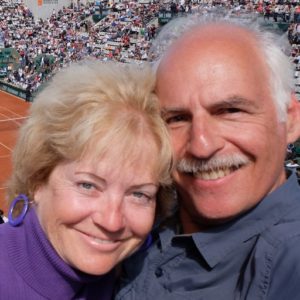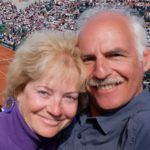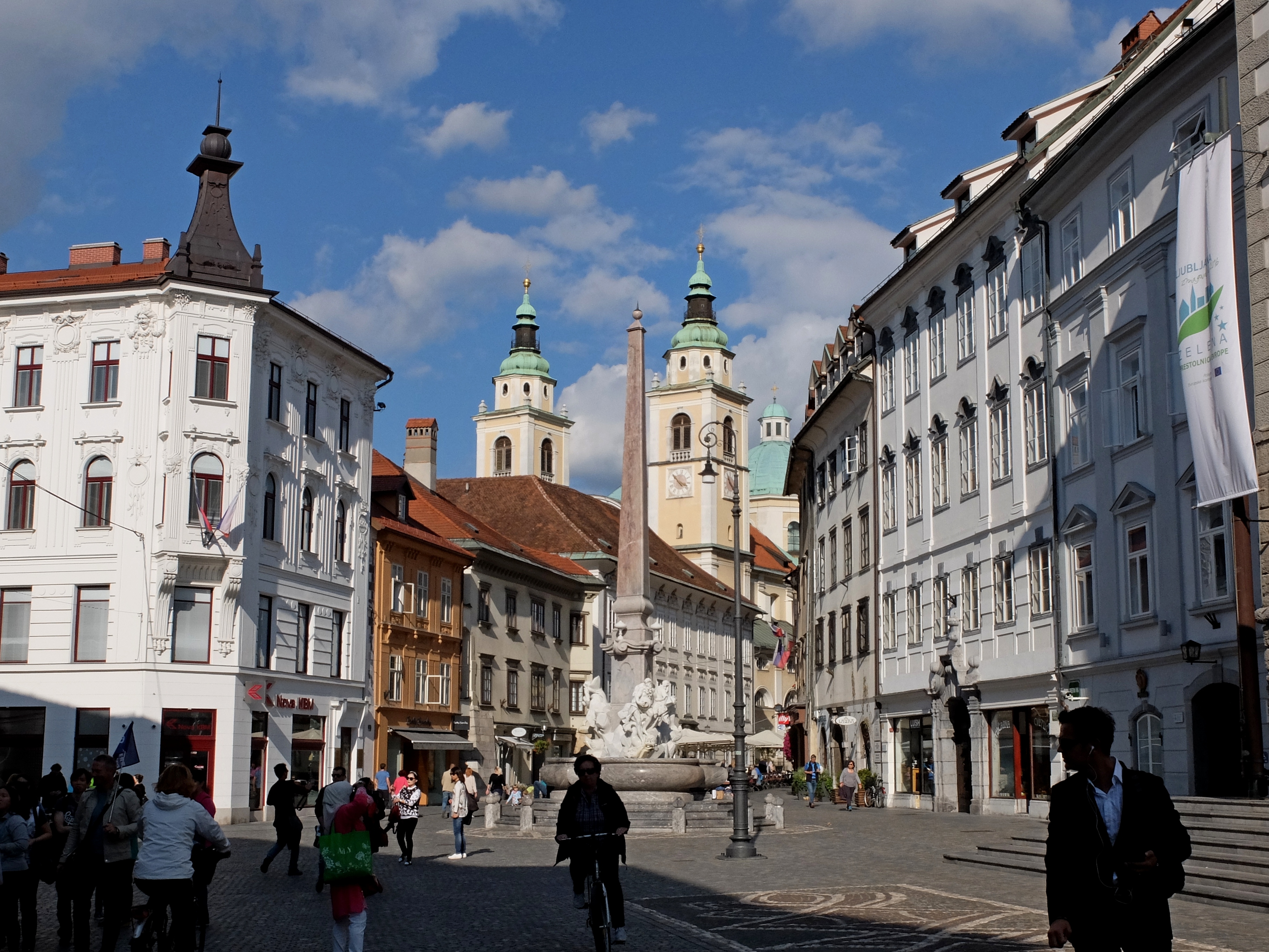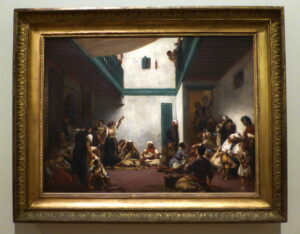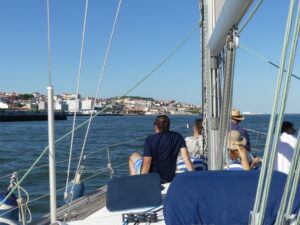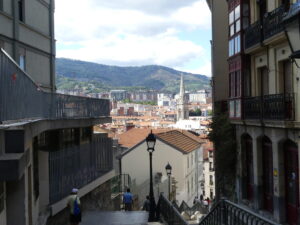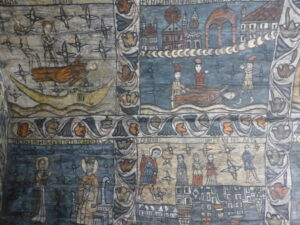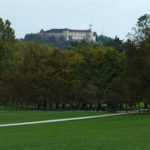
In prior years, we had circled around Ljubljana a few times on the highway while heading to other places, with only its hilltop castle visible from far off. When we finally headed into the city a few days ago, we found it to be one of the most delightful cities we’ve ever lingered in – compact, picturesque, brimming with enticing cafes and eateries, atmospheric and historic.
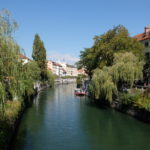
Once a hilltop settlement of the Bronze Age, then a valley based Roman town called Emona whose holy temple was up on that hill, Ljubljana evolved on the crossroads of trade routes and wartime movements for centuries.
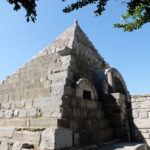
It joined the agricultural breadbasket of the Balkans to Italy and the west of Europe, while offering lanes from the south to the north for items such as amber out of the Baltic. Even now, Germans, Italians and Dutch pass through to the Dalmatian Coast. Czechs and Poles head through here to Italy, and vice versa.
After the Romans, the city of Ljubljana in turn became barbarian, Carinthian German, Habsburg imperial, Napoleonic French, before turning independent Yugoslavian in 1914 as an uneasy alliance of Slovenes, Croatians and Serbs. By WW2, the Italians took over and then it reverted to being part of a then Communist Yugoslavia. Since 1991 it has been proudly independent Slovenian, fortunately little touched by the horrible Balkan wars of that time.
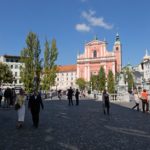
Those that come to stay a while – instead of passing through – are often pleasantly surprised. Though both full of buildings from the middle ages and the modernizing baroque backdrop common to many eastern European cities, Ljubljana presents a very modern vibe.
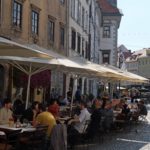
On a beautiful day, the central city is an unrivalled pleasure, busy with a blend of residents, university students and, of course, tourists day-tripping from close-by countries. The elongated center of all the delight is the river Ljubljanica, a slow moving channel lined for blocks and blocks with cafes, restaurants and bars. Crossing the river’s elbow is the odd Triple Bridge, an original lined with low columns alongside two more added by the city’s famous architect, Jose Plecnik.

There Preseren square, or more precisely circle, opens up on the west bank at the bridges. Several streets, like spokes on the wheel, bring hordes in and out, though the place rarely looks crowded. The poet France Preseren looks longingly and romantically at one of many decorative buildings whose facades span centuries of style.
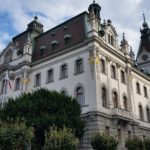
You’re in the Central City, and just one of many large “trg”s or squares that feed into the river’s west bank like tributaries. They add an open feel rare in cities like this. Many of the squares are pleasurable places themselves to stop a while and peep up at the famous castle.
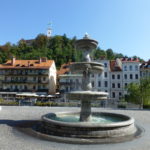
Slightly farther west is the University area and an embassy row of re-purposed mansions as well as the main museums and arts center. Beyond these, the sprawling Tivoli Park with huge green spaces and hills to stroll. Grand as these are, Ljubljana tucks hipster restaurants and student hangouts in alleyways and short side streets just off the main drags. Discovering them is a challenge often rewarding.
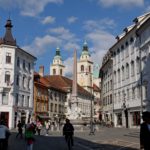
Across the river on its east bank is the Old Town, essentially just one long street between the castle hill and the riverwalk’s string of eating and drinking places. Short narrow lanes connect the river to this one street, with even more food offerings. Each section is called a “trg” but the demarcations are subtle, marked by slight differences in look and character.
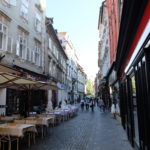
From the north, the large market center (a bounty of good food, fresh and prepared) leads to the high-end shops of elegant, baroque Town Hall square (and a broad avenue heading toward the Triple Bridge and Preseren. Southward is Stari Trg, Old Square, with small, wood-framed shopfronts and gourmet eateries. Then the street opens up at Gornji Trg to several decorative streets and medieval houses.
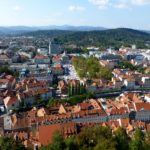
We loved Ljubljana, and fell into the trap of associating their name with the Slavic word for love
And yes, above it all, that castle hovers prominently on the hill.
(Also, for more pictures from Slovenia and the former Yugoslavian countries, CLICK HERE to view the slideshow at the end of the itinerary pages.)
